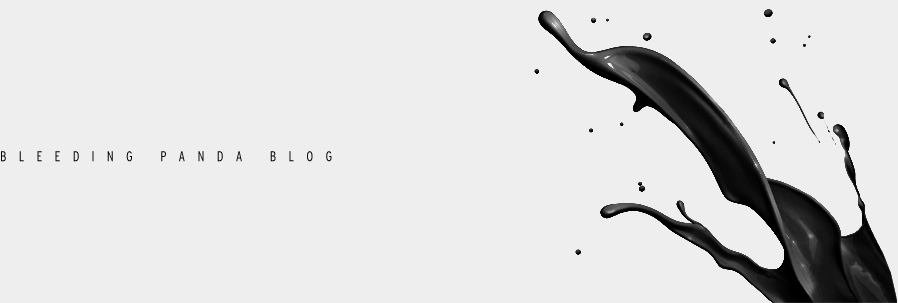
ARTIST`````Paroplapi
ALBUM`````La Finestra Dell'Ultimo Piano
GENRE`````World
YEAR````````2005
Some badly translated info
This group, with an unusual name, suggests the beginning of the XXI century the meeting "music-language" coming from the shores of the Mediterranean. Paroplapi draws its inspiration particularly in France and Italy, which represent areas of origin of members of the group. Voices and meanings. The practice and study of this repertoire, highlights the strong ties between the people and values in common, so are no longer the only musical traditions of a region thatartists exploit, but rather a cultural, evolving in the name of unity in diversity. Individual carriers of these directories for many years, members of the trio Paroplapi met in order to offer a broad spectrum of the Latin folk songs, the anthology of what collective memory has gathered on the edge of time.
From http://www.rambles.net
Paroplapi is the name of an Italo-French folk trio that is like a ray of sunshine, and one of the most popular Italian world-roots music groups. The name comes from "little Cecilia, whose words often collide with her lips," daughter of one of the band members, and performer on this CD.In Italian, French and Provençal-Occitan, Paroplapi's sound is a joy.On La Finestra dell'Ultimo Piano, their second CD, the vocals of Samuela Gallinari and Gael Princivalle blend nicely. Giorgio Albiani's guitar adds another dimension. The CD also features standout hurdy gurdy, bagpipes, accordion (Paolo Simonazzi), mandolin (Silvio Trotta), pipe (Stefano Tartaglia) and a host of guests too numerous to mention."A Come Armatura" ("A for Armour") the first song featured, is a nursery rhyme song featuring the children of the band members --- well coached as it turns out -- interwoven with Gallinari's fine, clear Italian soprano. This is the true gem of the record, though not the only first-class track. It's a catchy, lively alphabet song right out of traditional Tuscan lore.Princivalle, whose voice has the timbre of an Occitan Gordon Lightfoot, sings on several tracks including "Maremma," a dialogue between a shepherd and his beloved, from Emilia-Romagna; his voice blends well with that of Gallinari, in complex harmonies.Songs such as "I Disertori" (Italian) and "La Palombe" (Franco-Provençal, originally from an Arabic source) are timely calls for peace, against war. The former is particularly well-done, with Gallinari on vocals, accompanied by the accordeon: "We don't talk about this war / as long as eternity / to conquer a leaf-sized land / how many brothers have died already."Matteo Belli is featured in the role of Dante in "Dante e Arnaut," the concluding track and one of the more interesting, with spoken word over instrumental.
DOWNLOAD

1 comment:
Could you possibly repost this or email it to me?
Post a Comment